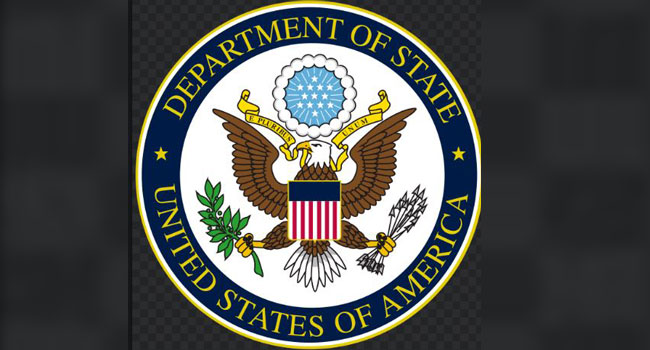In Victoria Falls, Zimbabwe, from November 6-10, the United States actively participated in the annual Kimberley Process (KP) Plenary meetings, emphasising its commitment to transparency and oversight in the diamond industry to combat trade in conflict diamonds.
However, the US expressed regret that the KP participants were unable to address the implications of Russia’s diamond production and its war against Ukraine, a matter raised by Ukraine and supported by the United States and others.
Despite the KP’s mandate to tackle how the trade in rough diamonds contributes to conflicts, Russia, along with a few other participants, objected to the request. Furthermore, Russia refused to endorse a public communiqué recognising Ukraine’s concerns.
The decision by the Kimberley Process not to issue a plenary communiqué following the meetings has raised concerns about the organization’s credibility. Failing to publicly report its work in an objective and transparent manner is seen as a setback for the multilateral body.
During the plenary meetings, the United States highlighted concerns about the ongoing conflict in the Central African Republic and its impact on rough diamond exports. Additionally, the US expressed support for the future establishment of a KP Secretariat in Gaborone, Botswana.
Looking ahead to 2024, the United States has committed to continuing its participation in the KP Ad Hoc Committee on Review and Reform, advocating for essential reforms to ensure the KP’s long-term viability. The US also aims to push for an expanded definition of a conflict diamond.



